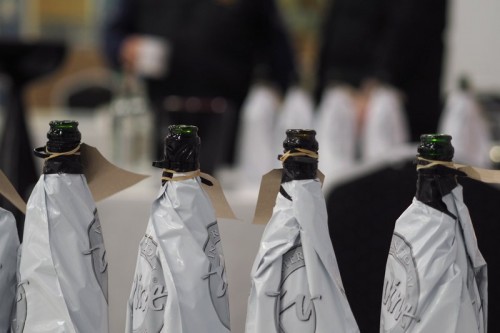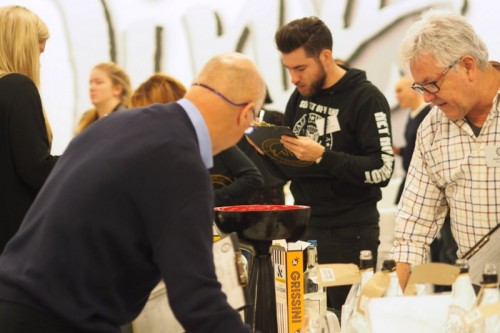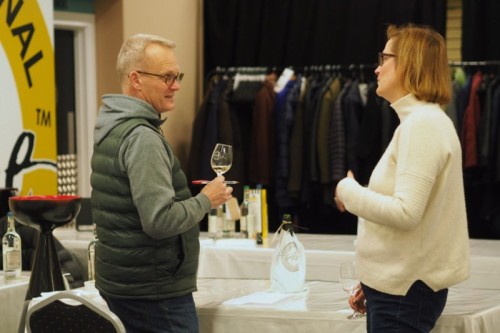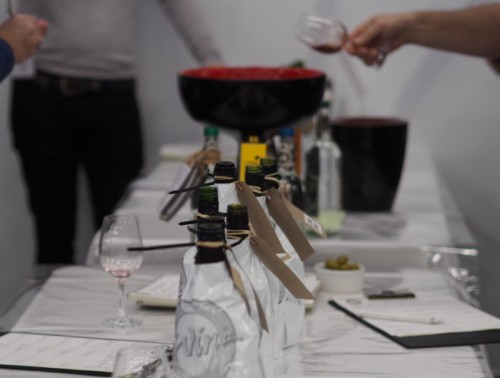
It’s Tranche 1 of the 2018 International Wine Challenge this week. [In case you are wondering why it’s 2018, not 2017, a couple of years ago an extra week’s judging was included in November in order to (1) take some of the pressure off the two-weeks’ judging process in April and (2) suit better the needs of southern hemisphere producers who are going to be bringing their wines to market before April and would like to use medal awards to help promote them.]

In Tranche 1 there are four days of judging, with two days round one, a rest day, and two days of round 2. I’m co-chairing again, a job that’s demanding but really enjoyable. There are six co-chairs, and our job, as Charles Metcalfe puts it, is to act as a long stop (a cricketing term: where the wicket keeper is incompetent, as is often the case in youth cricket, the long stop fields directly behind the stumps on the boundary, saving valuable runs when the ball gets past the keeper).

In round one, the panels decide whether or not a wine is medal worthy. We taste just those wines that they reject, checking that nothing good has been mistakenly booted out. It’s not the most pleasant job. We start with the assumption that the panels have got things right, and usually they have, because one of the strengths of the judging at IWC is that the judges and the panel chairs are assessed to make sure they are doing a good job. Tasting wine blind in this context is a tough job and requires judges with skill and experience. If one of us wants to change a result off the floor, then we need a second co-chair to agree. We don’t change that many results, but we do change enough to make our existence worthwhile, and provide a consistency and robustness to the IWC results that helps give better results. We want every wine entered to be treated as fairly as possible.

Today is a rest day while the wines that got through are re-flighted. Tomorrow we are back for two days to decide on medals. This is where things get really interesting, and it helps to have narrowed down the field in order to do this stage well.

Some people are critical of wine competitions, for a range of reasons, but it’s worth stating why a well-judged competition is useful. It’s one way for consumers to navigate through a wall of wines in a supermarket or wine store. It’s also a good third-party endorsement for producers looking to export their wines. Achieving a gold medal at the IWC is a major achievement. And if you are a retailer with a range of private labels, then medal success is a good indicator of how well the buying team did.
Why the IWC judging process is so rigorous: the co-chairs explain
Leave a Comment on Back at the IWC for some more wine judging

